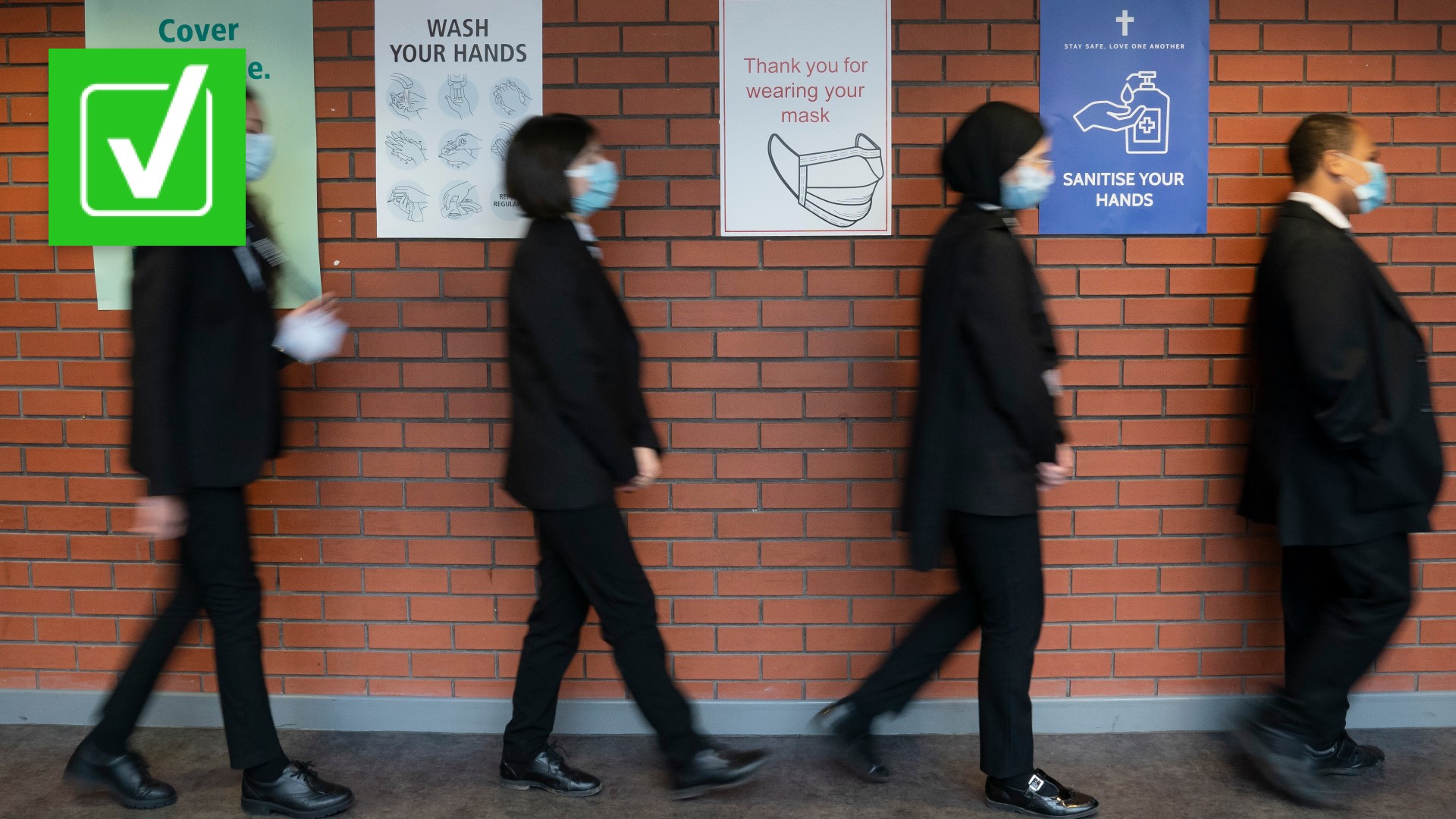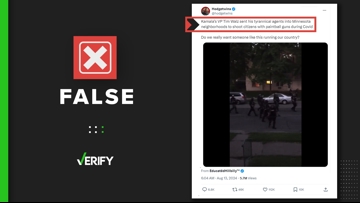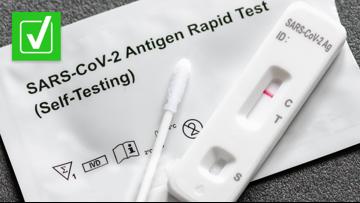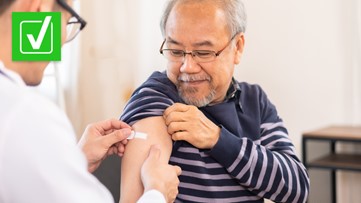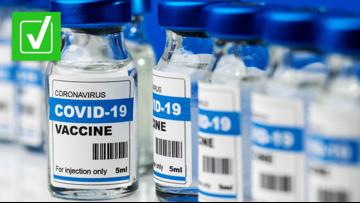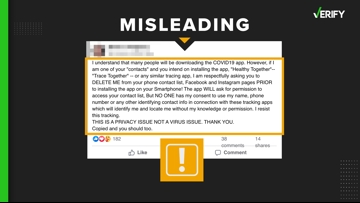The U.S. Food and Drug Administration (FDA) is expected to authorize Pfizer’s COVID-19 vaccine next week for kids ages 12 to 15, according to news reports. A lot of questions are popping up about the side effects those children could face.
THE QUESTION
Are adolescents reporting similar adverse reactions to COVID-19 vaccines as adults?
THE SOURCES
Moderna spokesperson
Dr. William Schaffner, infectious disease specialist at Vanderbilt University
THE ANSWER
Yes, adolescents are reporting similar adverse reactions as young adults, but some reported more severe symptoms.
WHAT WE FOUND
As part of its trial, Pfizer tested the COVID-19 vaccine on 1,131 children between 12 and 15 years old. Early results, published on March 31, showed 100% efficacy, meaning none of the kids contracted COVID, according to Pfizer.
Pfizer’s results found that the vaccine “was well tolerated [in adolescents], with side effects generally consistent with those observed in participants 16 to 25 years old.”
The common vaccine side effects are similar across age groups: arm pain, fatigue, headaches, muscle and joint pain, chills and fever.
While adolescents reported similar side effects, they did have more frequent and intense reactions to the Pfizer vaccine in a clinical trial.
“In our clinical trial the frequency and severity of adverse events were higher in the younger age groups than the older age groups," a Pfizer spokesperson told VERIFY.
At this point, Pfizer has not released more specific data on adverse reactions for adolescents in the trial, but the company will likely provide more data to the FDA’s vaccine advisory committee next week when they discuss authorization.
“They come and go, and they’re gone within 48 hours,” Dr. William Schaffner, an infectious disease specialist at Vanderbilt University said. “What we want to do is keep those side effects to a minimum but still get protection.”
The CDC says those vaccine reactions “are normal signs that your body is building protection and should go away within a few days.”
“They're much better than having your child be very, very sick in an intensive care unit,” Dr. Schaffner said.
VERIFY reached out to Moderna about the side effects of their vaccine on adolescents. Moderna said it doesn’t have that data yet.
Pfizer hopes to get FDA approval for even younger kids later this year.
VERIFY
Our journalists work to separate fact from fiction so that you can understand what is true and false online. Please consider subscribing to our daily newsletter, text alerts and our YouTube channel. You can also follow us on Snapchat, Twitter, Instagram or Facebook.
